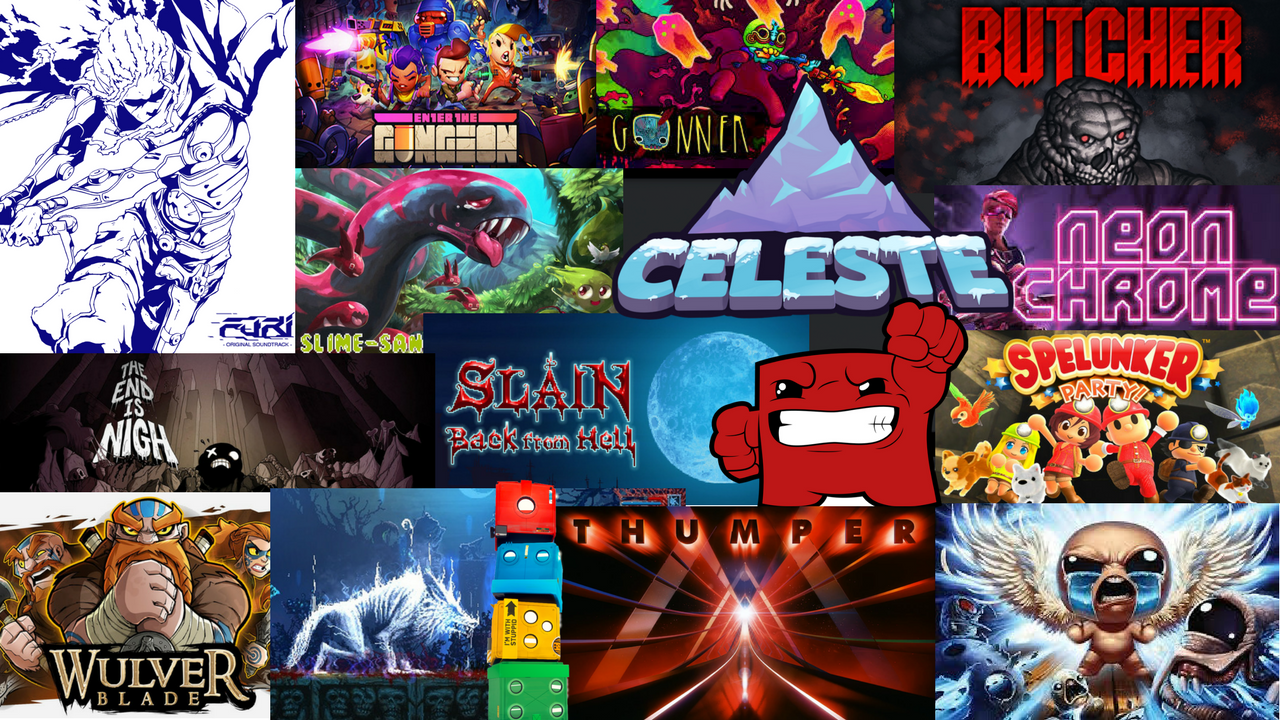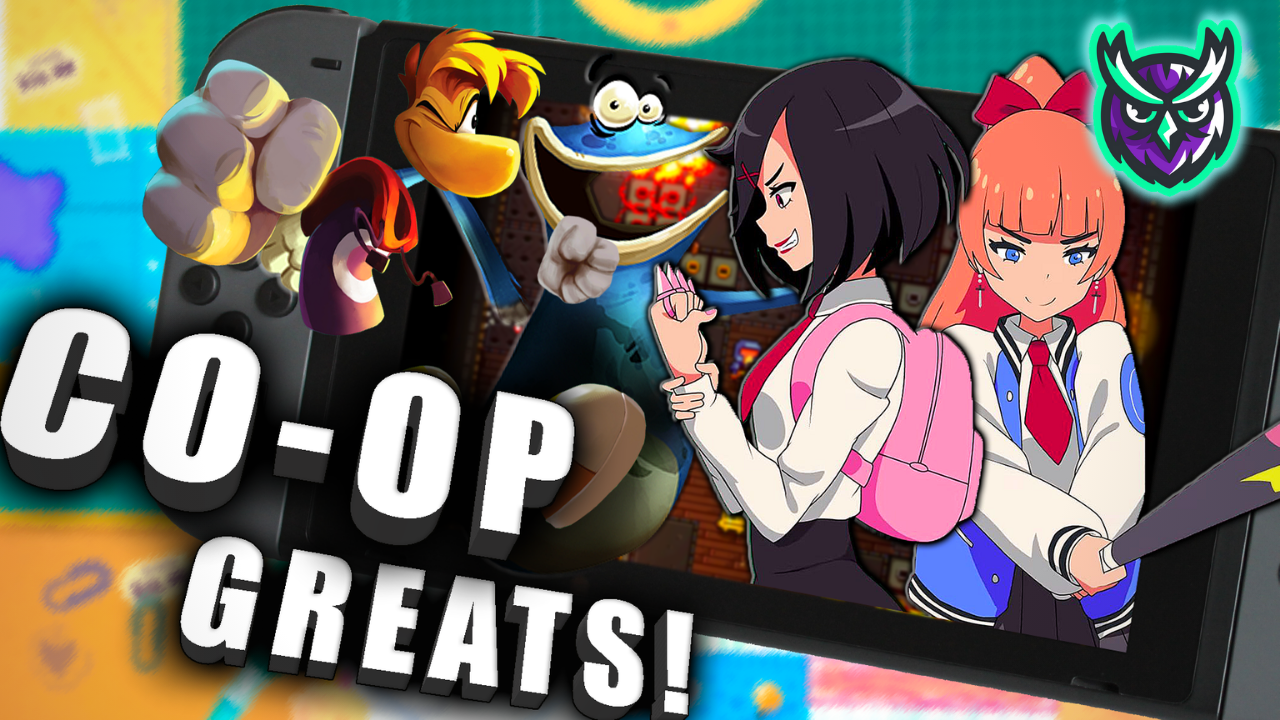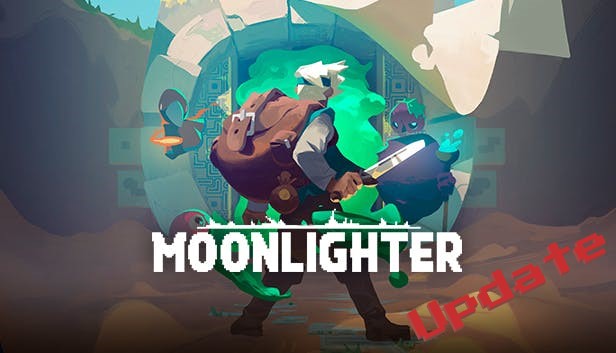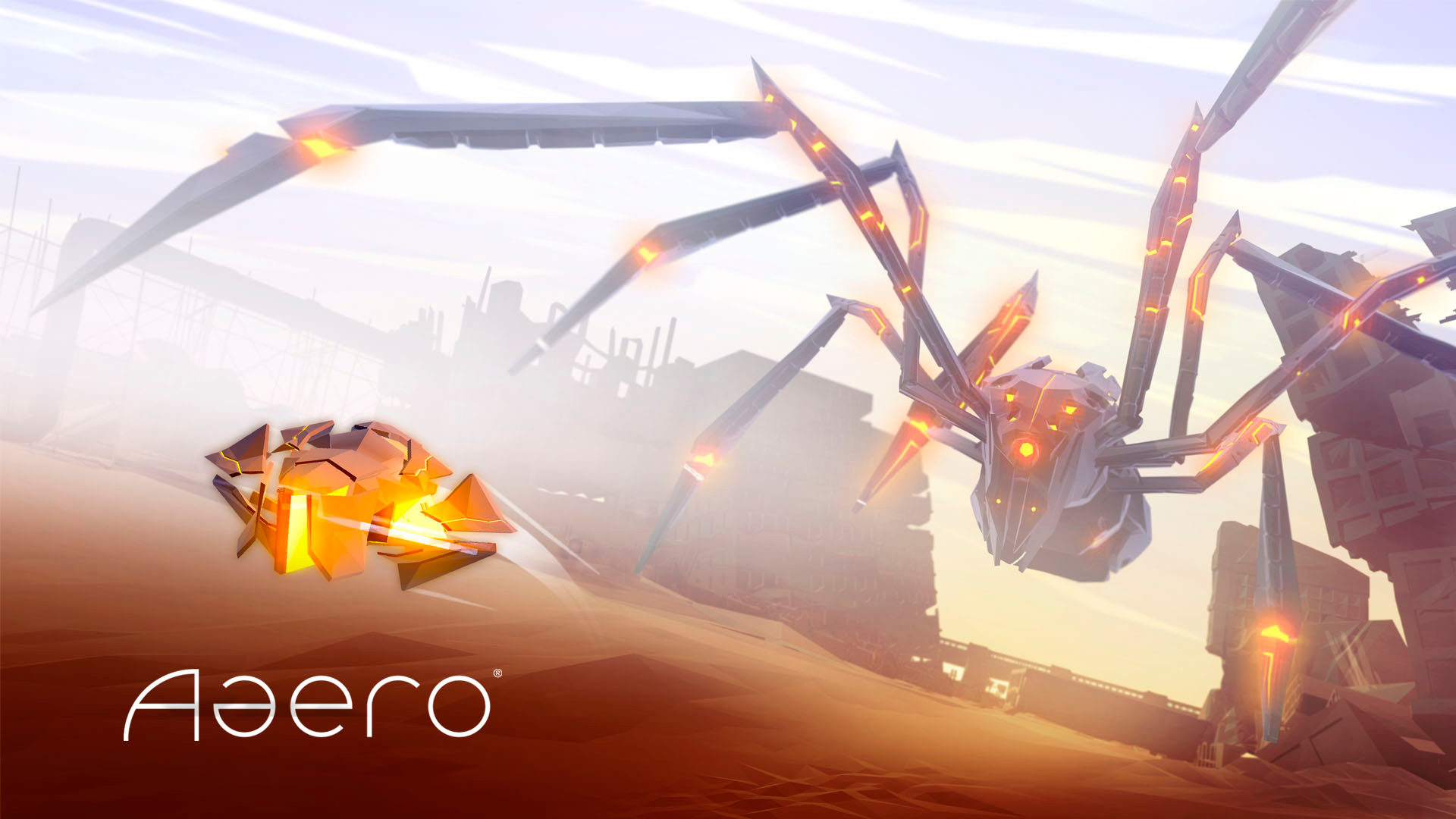Welcome to the third entry in our weekly series, Smash Sunday! We didn’t have one last week, but if you missed the previous ones, don’t worry! In Smash Sunday #1, we covered controller options, and in Smash Sunday #2, we looked at terminology to help you understand the game better. This week, we’re breaking down some mistakes that beginner and intermediate players make. Do you want to get better at Super Smash Bros. Ultimate? Hopefully this article will help you identify some weaknesses in your gameplay, and how to counteract them.
1. Overusing Options

As a beginner, it’s very tempting to keep using that one move that you’ve seen kill before, or to completely ignore half of your moves because you aren’t even aware what they do. Most characters have stronger, more useful moves, but it’s very rare for fighters to rely on just a couple of smash attacks.
The biggest offenders here are smash attacks and the dodge roll. Charging a smash attack and hoping an opponent runs into or lands in your zone of pain is a very risky option. Not only is it easy to predict and punish for better opponents, it’s also killing you faster. While charging smash attacks, you take more knockback. That’s right, you charging that forward smash and praying could be what leads to your untimely demise.
As mentioned, dodge rolls are also used as a crutch by beginners. On the surface, they’re an amazing re-positioning tool that give you invincibility frames, right? Wrong. They’re predictable – because you always roll the same distance – and they’re easily punished if you overuse them. Using repeated rolls will cause them to have greater lag and less safety, ultimately leading to you being even easier to attack. Use dodge rolls sparingly, and look for other options to avoid damage, such as dashes, jumps, and spot dodges.
2. Poor Recovery

This goes without saying, but if you can survive for longer, you have a better chance of winning the game. Therefore, we need to have the best chance of recovering back to the stage when we get hit, and we need to avoid using unsafe options. An easy example of this would be Falco’s side-B. This move puts the fighter into a free-fall state after using it. This means that if you use this attack and fall off the stage, you’re dead without the option of using jumps or your up-B to recover back to stage. Many other fighters end up in a vulnerable state after using their side-B, and almost all will enter free-fall after their up-B finishes. These risky moves should – for the most part – only be used if you’re in a safe position, or are guaranteed to hit.
In terms of improving your recovery, the best tip is to always make sure you’ve used your jumps before you up-B. As mentioned, you normally can’t act after using up-B to recover, even if you had jumps available. For instance, I’ve seen Pit players up-B as soon as they’re knocked off stage, despite having multiple midair jumps that they could have used first.
3. Being Predictable

A big part of being successful in Super Smash Bros. Ultimate is learning to read and adapt to your opponent’s play. So how can we apply that to improving our mistakes? Simple: we need to be less predictable. This not only means varying your choice of attacks, but also their timings. If your default option when your opponent is in the air is to try to jump after them and use up-air, they will soon adapt.
Once they’ve learnt your window and choice of attack, they can air-dodge or try and avoid your attack entirely. To counteract this, try waiting a split second longer and then throwing your attack, your opponent may have already dodged, leaving them vulnerable to a free hit. Alternatively, you can try another attack, such as your up-B (for fighters whose up-B does damage, like Chrom, Mario, Fox, etc.). Please use these sparingly, though, as I said earlier, you don’t want to spell your own untimely death by misusing your up-B.
The same applies to your defensive options. Mix up when and how you recover at the ledge, and how you react when your opponent hits you. If they know you’ll shield after every scary attack, they can grab you every time. If you always attack and never defend, they’ll be able to wait and counter when they see an opening. Being unpredictable makes the job of defeating you much harder for your opposition. You should also aim to use your up-B to grab the ledge, rather than landing directly on stage. This gives you more options and a bit of invincibility, when landing on stage is often a good way to get punished.
4. Getting Angry and Shifting Blame

Number 4 is a two-parter, because they go hand in hand. The biggest detriment to a player’s chances of winning is often their mental state. Losing a game and getting angry is, usually, only going to make you play worse for the next game. When you’re angry, you don’t think straight, and enter a red-eyed rage. This can create a vicious cycle where you lose, play poorly, get angrier, lose again, play even worse… you get the picture. Anger clouds your judgement, and if you save and watch replays of your matches where you’re frustrated, you’ll see that you were using unsafe moves, neglecting your defence, or other obvious mistakes.
If something winds you up, I suggest taking a break, playing some Adventure mode, jumping on another game for a little while; anything that will help you calm down. Shifting your blame is another grave mistake, and is very easy to do when you’re angry. “That fighter is broken!”, “They just spammed the same move every time, what a cheap player!”, “They only won because of gimmicks.” If any of these sound familiar, you should take a look in the mirror. I guarantee you could have done something better. Blaming the opponent for your loss isn’t going to help you improve. In fact, it will just make you angrier next time you face that fighter or player.
Please note, I’m not saying that certain fighters aren’t difficult to play against, and some styles aren’t annoying to face. At any level of play below Elite Smash, however, your actions matter far more than fighter skill. There are always ways you can improve, and there will always be mistakes. Focusing on these, rather than blaming your opponent for beating you, is how to get better.
5. Ignoring Your Opponent

This is more of an intermediate mistake, but it’s good to have a goal to work towards, even as a beginner. An early mistake most players make is to spend too much time focusing on themselves, and not paying enough attention to their opponent’s fighter. Laser focus on your own fighter may be good for learning your hitboxes and range, but using your peripheral vision to watch your opponent isn’t enough.
Once you learn to focus more on them, it becomes much easier to react to their moves or dodge incoming projectiles. Catching their wind-up animation gives you far longer to process their attack than trying to react to a large hitbox coming your way. It also comes in handy when you’re trying to recover, as you can anticipate when and if they’re going to try and attack you. This isn’t an easy process to learn, and won’t happen overnight, but it will significantly improve your game when you start to incorporate it into your play.
Every Sunday we aim to cover a new Super Smash Bros. Ultimate topic, including beginner’s guides, how-to’s, and more. In a future article, I’ll be covering more advanced terminology which will help improve your game, such as DI, Short Hop, Fast Fall, and Dash Dancing. So stay right here at SwitchWatch for more Super Smash Bros. goodness!
[/et_pb_text][/et_pb_column][/et_pb_row][et_pb_row][et_pb_column type=”1_2″][et_pb_code _builder_version=”3.0.83″ /][/et_pb_column][et_pb_column type=”1_2″][et_pb_code _builder_version=”3.0.83″ /][/et_pb_column][/et_pb_row][/et_pb_section]








